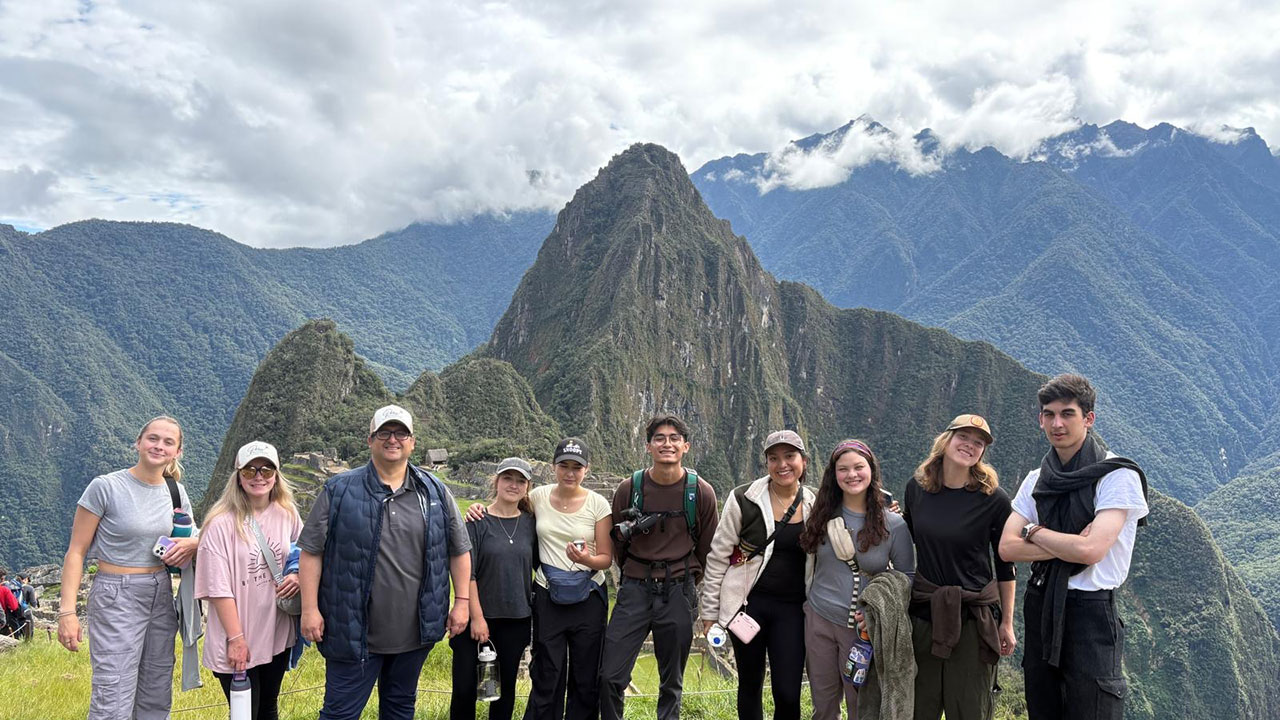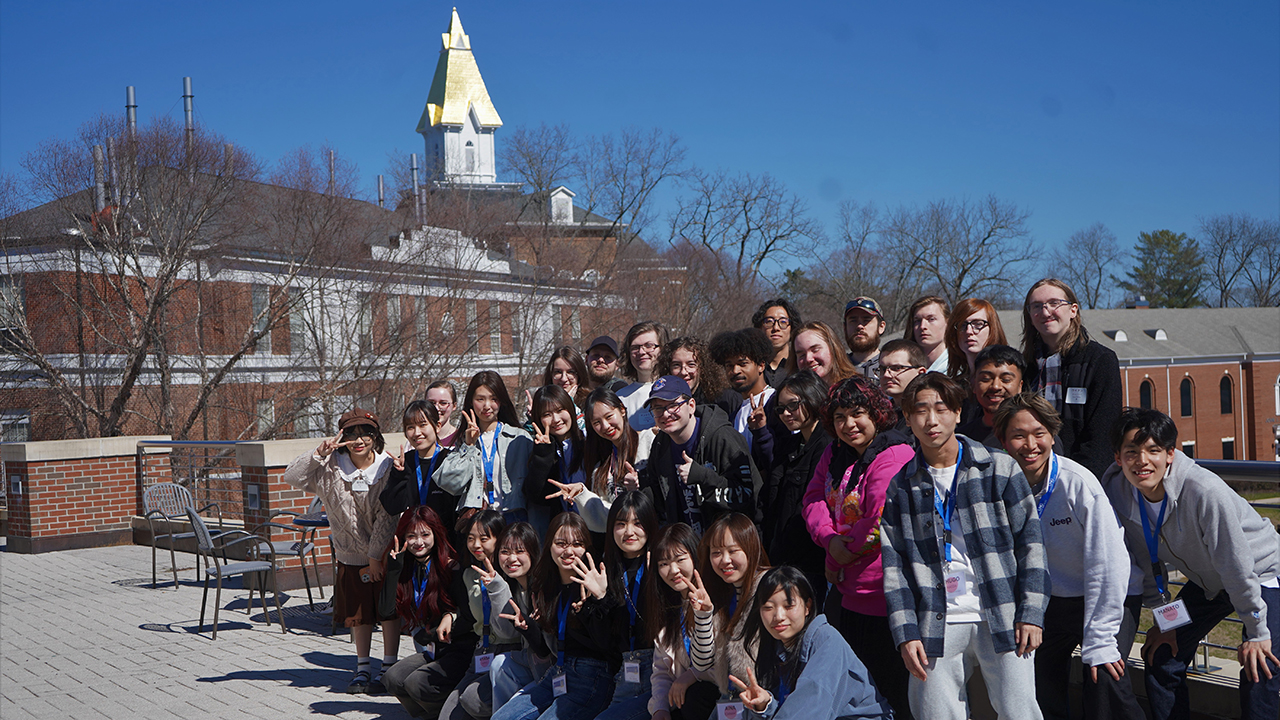Center for Global Engagement
The Center for Global Engagement (CGE) facilitates international and cross-cultural experiences for students, faculty, staff and the greater community in order to better integrate the University of North Georgia into the globalized world. Our passionate staff who are dedicated to the field of International Education encourage you to connect with us and learn about exciting international opportunities, both here on campus and abroad.
Education Abroad International Student & Scholar Services




